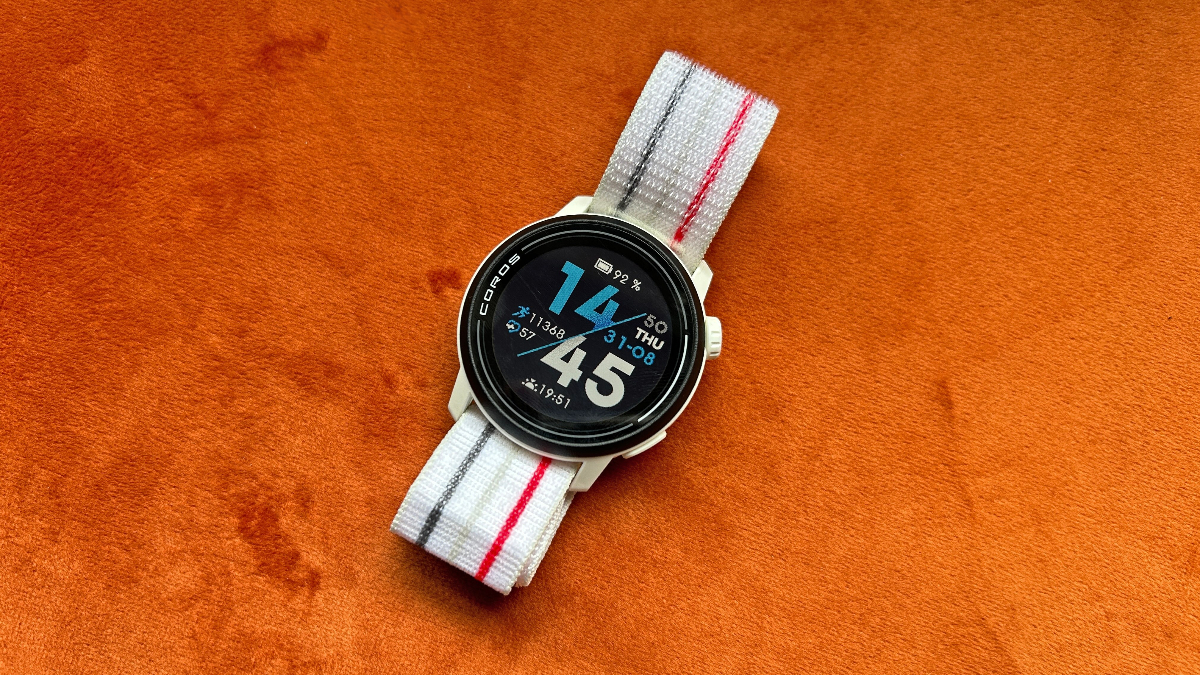Our Verdict
The Coros Pace 3 builds on the impressive performance of the Coros Pace 2 by delivering improved accuracy and new features. It’s a brilliant sports watch and the clear pick for runners and triathletes (of all levels) looking for an accurate, feature-packed device that doesn’t cost a fortune.
For
- Accurate tracking
- Good battery life
- Lightweight design
Against
- All-plastic build won’t suit everyone
- Limited smart features
- More expensive than Pace 2
- No ANT+ connectivity
You can trust Coach
The Coros Pace 2 remains one of the best sports watches. Central to its appeal is the value it offers, and that’s also true of its successor. The Coros Pace 3 delivers great value despite a price rise over the Pace 2.
The Pace 3 is not just great value because of its features; during my testing it’s also proved to be one of the best running watches for accuracy. The features and performance of the Coros Pace 3 make it easy to recommend—unless you want or need the extra features you get on top devices, such as an AMOLED screen, maps or more rugged and attractive designs.
Coros Pace 3 Review: Price And Availability
The Coros Pace 3 launched in August 2023 and costs $229 in the US and £219 in the UK from Coros. That’s a notable jump in price on the Pace 2, which costs $199/£179.99, but even with that rise the Pace 3 is good value compared with the market at large, with the most comparable Garmin watch—the Forerunner 255 Music—costing $399.99/£349.99.
How I Tested This Watch
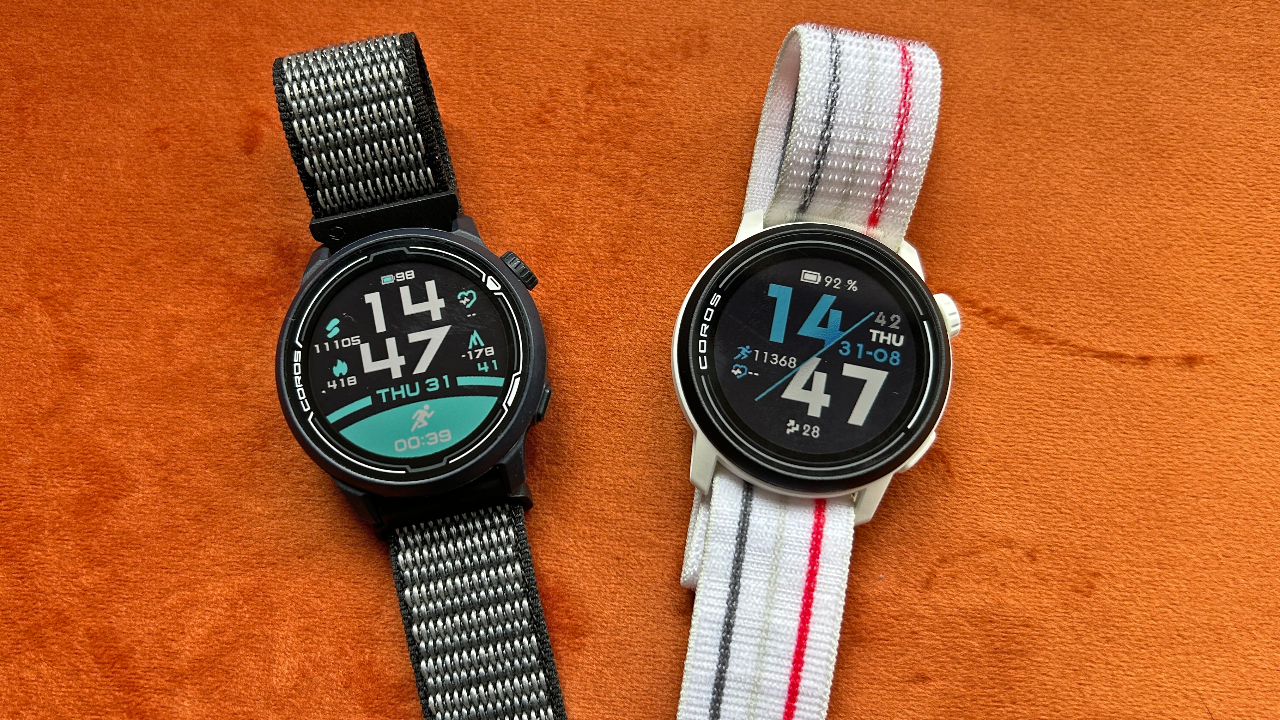
I’ve been using the Coros Pace 3 to track all my workouts and general activity over the past two weeks, running 85 miles in that time, including a half marathon, along with other workouts. I also wore the Garmin Epix Pro at the same time to compare the GPS accuracy of the watches, and linked the Garmin to a Polar H10 chest strap heart rate monitor to check the Pace 3’s HR accuracy. I have also tested the Pace and Pace 2, along with the rest of Coros’s range and most of the best sports watches on the market.
The review's swimming section content has been written by Charlie Allenby (see below).
Design And Hardware Specs
The Pace 3 is a small and lightweight watch: 1.05oz/30g with the nylon band and 1.3oz/38g with a silicone band. Its case and bezel is made from fiber-reinforced polymer, but despite the all-plastic design it didn’t feel cheap or flimsy to me.
The case looks and feels similar to the Pace 2, but the 1.2in display is now a touchscreen. It’s an LCD screen, though it has been upgraded since the Pace 2. I found the Pace 3’s display easy to read in all conditions, if not as vivid as the AMOLED displays you get on smartwatches or some of Garmin’s range.
The Coros Pace 3 has a 5ATM water-resistance rating and all the key sensors you need for sports tracking, including a barometric altimeter and pulse oximeter. It also features an upgraded optical heart rate sensor that’s an improvement on the Pace 2’s.
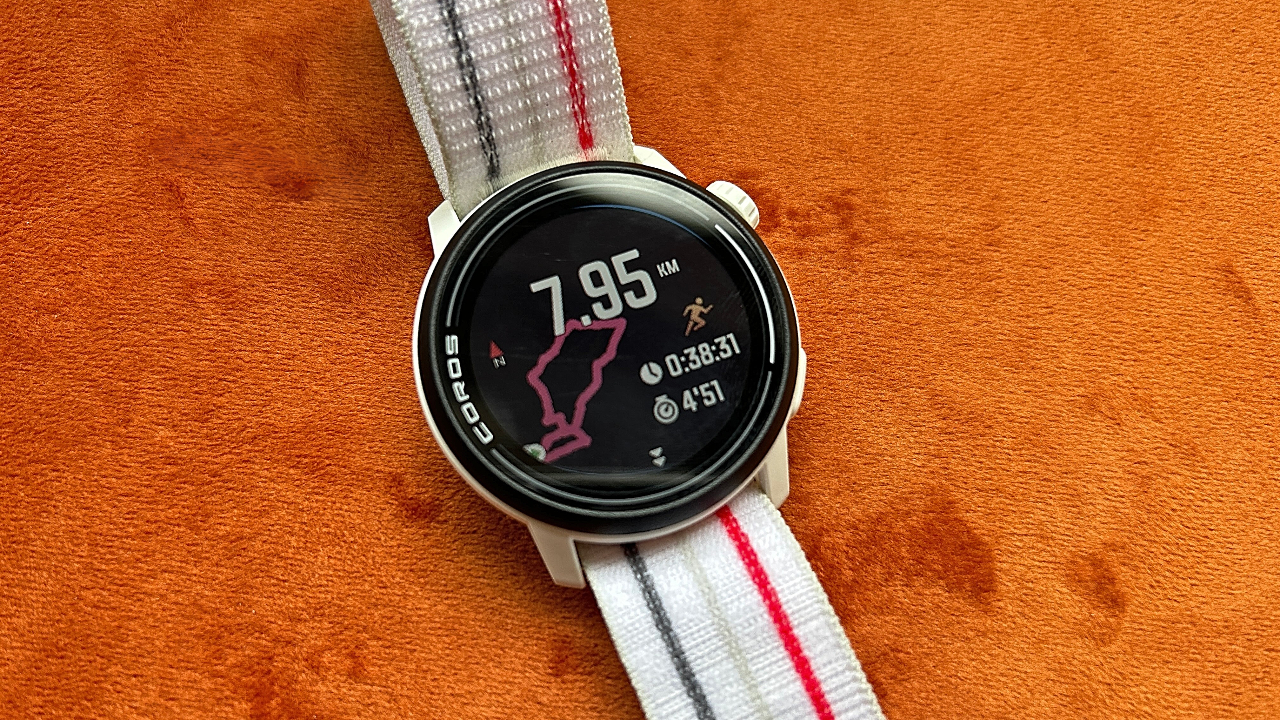
Coros has upgraded the GPS tracking, and the Pace 3 offers multi-band GPS for increased accuracy, as well as all-systems-on and GPS-only modes for those who want to save battery life (since multi-band GPS is power-intensive). The Coros Pace 3 has 4GB of storage, which you can now use to store music on the watch. For now, you can drag and drop MP3 files across, but no other file formats are supported.
You can link external sensors to the Pace 3 via Bluetooth, but not ANT+, which is available on the Pace 2 and Garmin’s range of watches. Losing ANT+ won’t be a problem for most people because all new sensors support Bluetooth, but for cyclists and triathletes trying to pair a lot of sensors at once, ANT+ is often useful.
GPS And HR Accuracy
Adding multi-band GPS to a watch doesn’t automatically make it more accurate, something demonstrated in the past on Coros watches with this feature. I didn’t find the Coros Apex 2 Pro or Coros Vertix 2 to be particularly accurate despite having multi-band GPS, and they fell short of the standards set by the best watches in this area, Garmin’s multi-band devices and the Suunto Vertical.
Fortunately, in all my testing so far, the Pace 3 has been excellent on GPS accuracy. Testing it against the Garmin Epix Pro, with both watches in multi-band mode, I rarely saw any differences between the two. In a half marathon race in the countryside, the GPS plots were almost identical and both logged the distance of the race correctly.
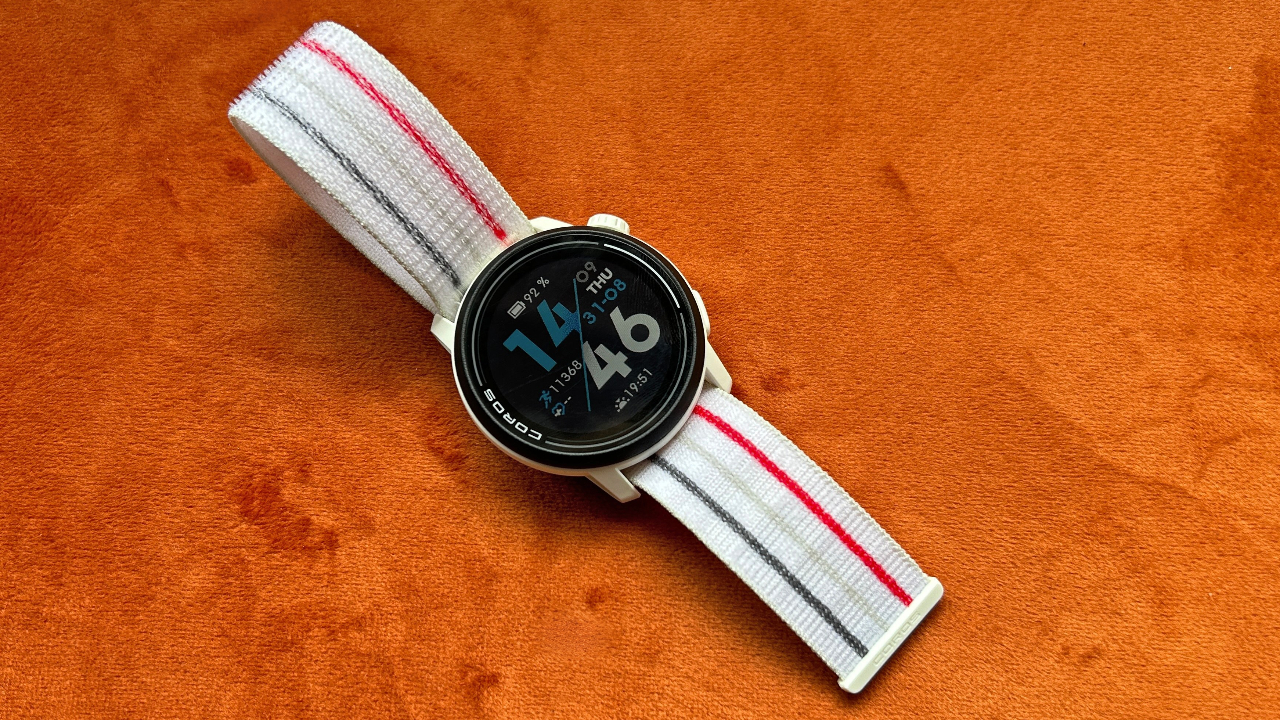
I run in a forest near me several times a week and under tree cover the Pace 3 also impressed for accuracy, erring only slightly more than the Garmin Epix Pro. I’ve no complaints about GPS accuracy and this is a major upgrade for the Pace 3 compared with the Pace 2.
The heart rate tracking was also accurate during testing, matching well with the readings from a Polar H10 chest strap, even on tricky runs with intervals including hill reps. I’ve been using the Pace 3 in warm conditions, which can help improve optical heart rate sensor accuracy, but even so I was impressed with its performance.
Sports Tracking And Training Analysis
The Pace 3 has all the sports modes you’re likely to need, including open-water swimming and a multisport mode for triathletes. The Coros app has a useful structured-workout builder you can use to create sessions to follow on your wrist. You can also import training plans from third-party platforms like TrainingPeaks. However, Coros doesn’t offer suggested workouts or training plans itself, unlike Garmin and Polar.
I’ve found the EvoLab training analysis from Coros to be good whenever I have tested a Coros watch that has it, including the Pace 3. The race predictions were pretty accurate and the VO2 max estimate matched well to the results of a proper test using gas exchange.
There are suggested recovery times from the watch too, plus an overall view of your training load to see if it’s well balanced. The analysis you get from Garmin is more intuitive and easy to use, and has proved more accurate for me over time, though that may partly be down to the fact I’ve used a Garmin watch more consistently for several years.
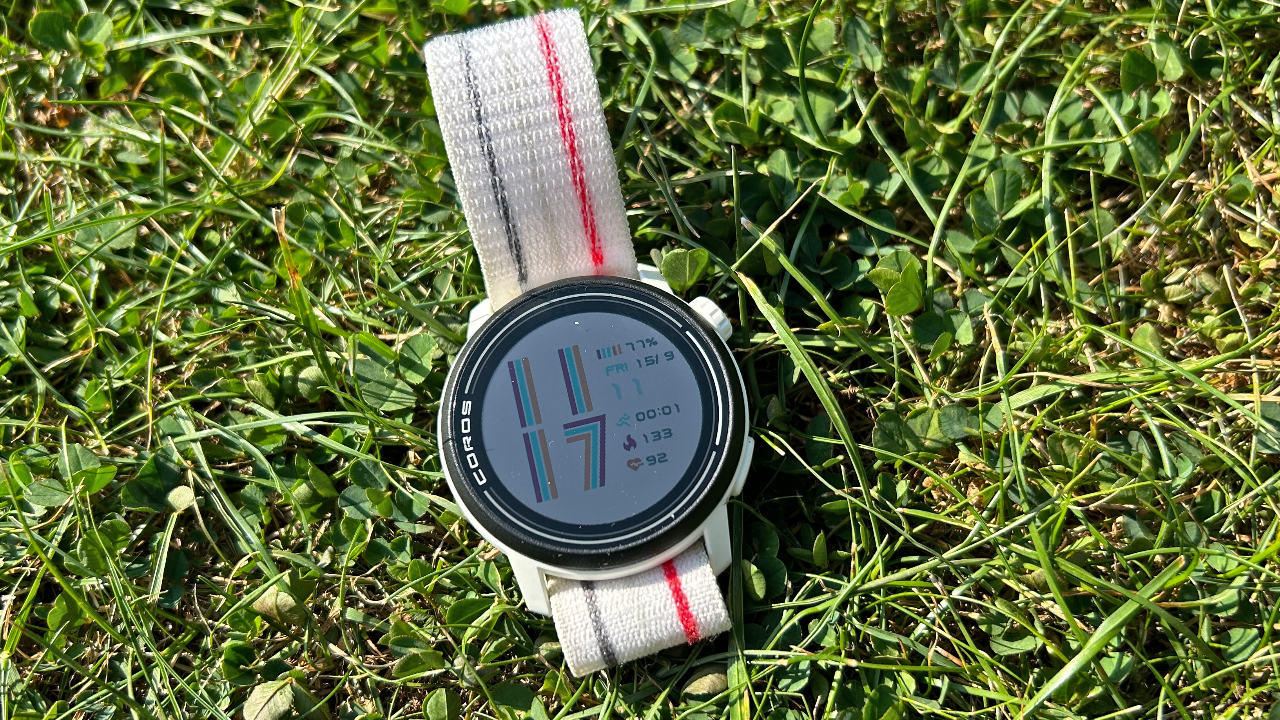
Coros doesn’t yet have anything like Garmin’s highly useful training readiness feature, which uses heart rate variability tracking as one factor. The Pace 3 cannot take HRV readings, unlike other watches in Coros’s range, which use their metal bezels.
Battery Life
Battery life has been a strong area for Coros and this remains the case with the Pace 3. Despite its small size it will last up to 24 days in watch mode, and offers 38 hours of GPS-only tracking.
These numbers will come down a lot with more intense use—for one, you only get 18 days of general use if using the Pace 3 to track your sleep. The GPS battery life dips to 15 hours using multi-band mode, and 25 hours if using all-systems-on. The optical HR monitor will only take readings every 10 minutes outside of workouts as standard, whereas most sports watches take real-time readings.
To test the battery life, I turned on continuous 24/7 heart rate tracking and tracked all my runs using multi-band GPS. I also had notifications coming into the watch, though I turned off vibrate because I find it annoying. Even when running almost every day, the Pace 3 lasted six or seven days on a charge, which is impressive given the small size of the watch.
Activity And Sleep Tracking
The Pace 3 tracks your steps, active calories burned, floors climbed and active minutes each day. It can also take a spot measurement of your resting heart rate, as well as estimating it through your general use. As an activity tracker it’s basic, though the step counts it logged matched with the totals I got from the Garmin Epix Pro.
It’s also a basic sleep tracker. If you wear it at night you’ll get a graph of your sleep stages the next morning, plus your heart rate overnight. The Pace 3 doesn’t track HRV and doesn’t go into much depth about the general state of your body. On this front Garmin and Polar’s offerings are well ahead.
Swimming
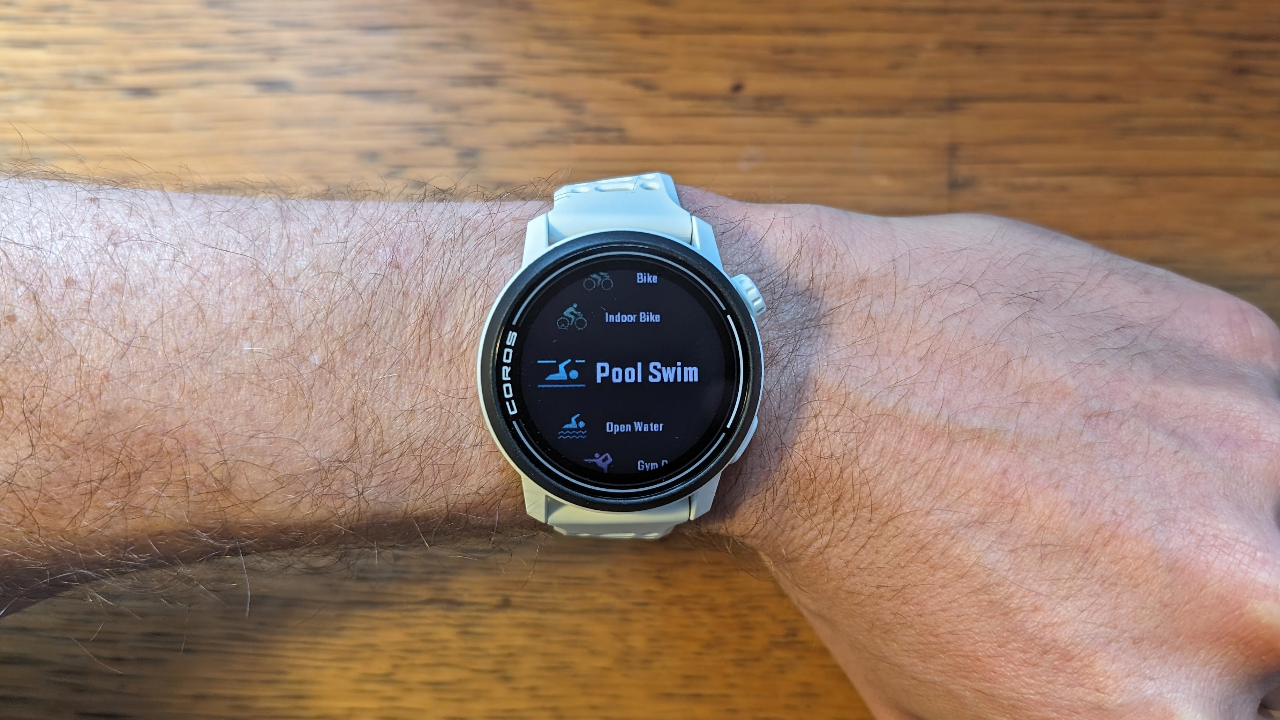
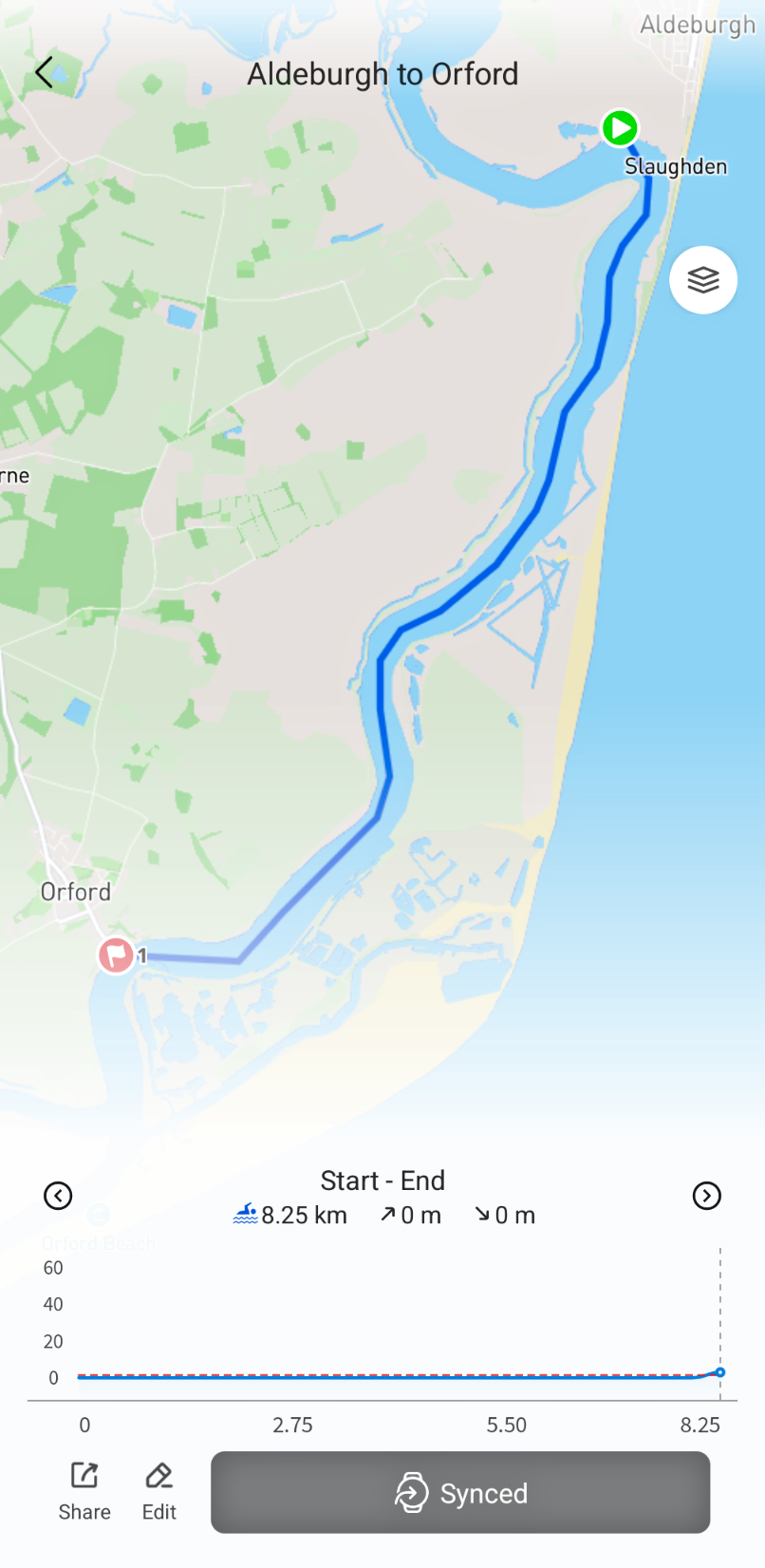
The Coros Pace 3 has the same swimming features as the more expensive Coros Apex 2 Pro and Coros Vertix 2, and has separate activity modes for pool, open water, triathlon and multisport (handy for aquathlon, swimrun and aquabike events).
During my testing, I found the Pace 3 to be accurate when swimming in the pool. Tested alongside the Garmin Forerunner 955 Solar, the Pace 3 held its own against its more expensive multisport rival, and never miscounted the number of lengths I’d done during upwards of 10 hours of swimming (unlike the Garmin). Its built-in heart rate sensor works underwater and, while not as accurate as a chest-mounted strap, there weren’t any alarming spikes or dropouts that can happen with some wrist-based optical sensors.
Adding workouts to the watch was straightforward: simply build them in the Coros app before syncing to the watch. Following along was intuitive in the pool and at the end of each session, the activity was uploaded to the app where there was a wealth of data—from pace and SWOLF to training load and stroke rate—for me to pore over.
It is also possible to use the GPS to navigate (as shown in the screenshot). The function only comes in handy during longer wild swims where you don't have things like buoys to sight but I thought it was worth highlighting as it is one of the watch's swimming features.—CA
Smart Features
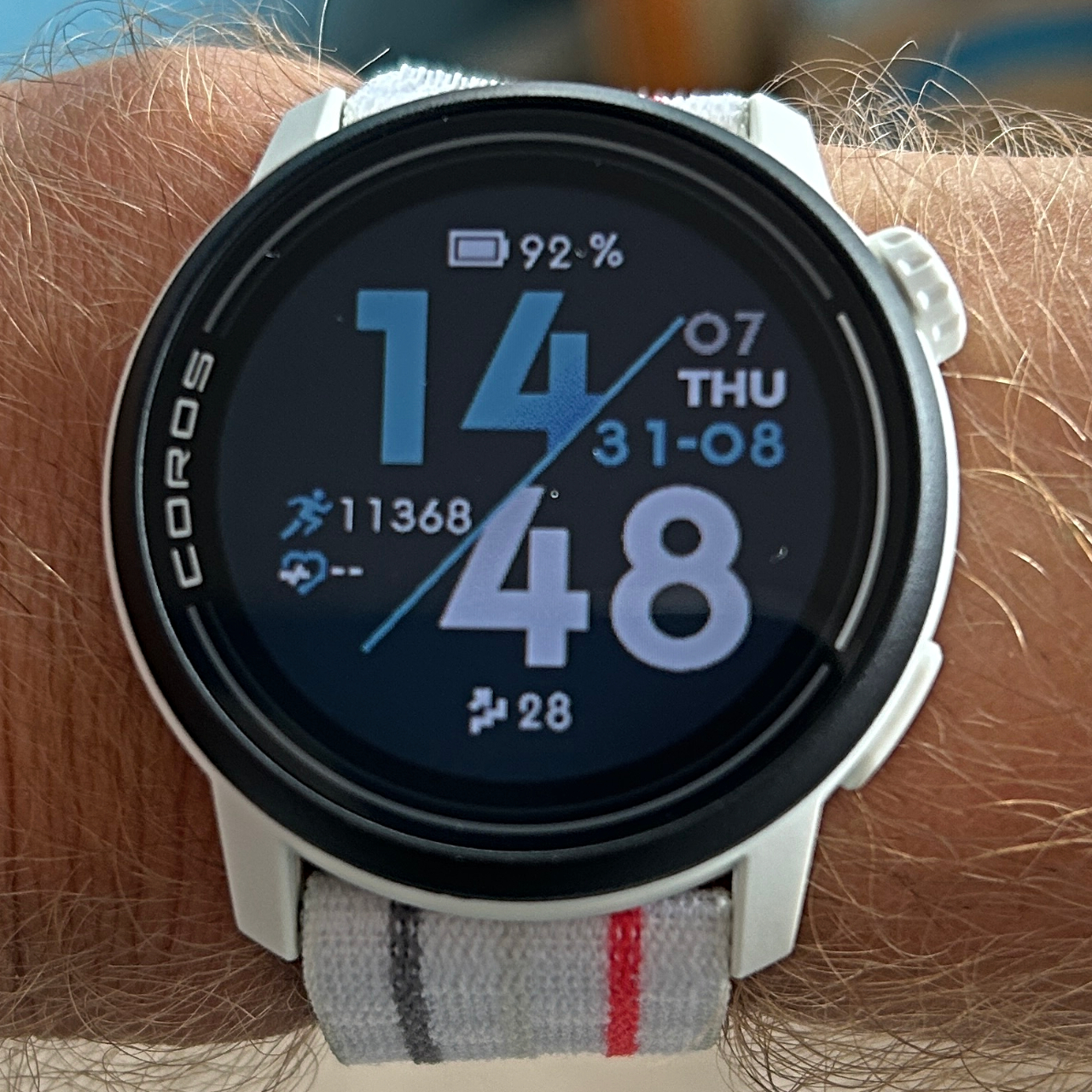
The Coros Pace 3 can link to Bluetooth headphones to play music stored on the watch, but it’s an annoying and limited feature. The watch supports only MP3 files, which you have to drag and drop onto the watch via a wired connection. Having managed to locate some old music files I had in MP3 format, as well as downloading a podcast, I first had to reset the Pace 3 before it would show up on my computer as a drive I could drag files to. It takes a long time to transfer files as well.
Once your audio files are on the watch, pairing Bluetooth headphones and listening to them is easy, though I had to prompt the watch to connect to the headphones each time. It’s a much harder feature to use than the music storage on Garmin watches, which can link to streaming services like Spotify and Deezer to sync music across wirelessly, and smartwatches like the Apple Watch are also much more advanced on this front.
Aside from music storage, there are no smartwatch features to speak of on the Pace 3 beyond notifications from your phone. There’s not even a weather forecast widget!
Navigation
The Pace 3 has breadcrumb navigation and Coros will add turn-by-turn directions to these routes in the near future—the feature is currently available in Beta mode. You can create routes within the Coros app to sync to the watch or import them into the app easily. For now, all you get is a line for the route with alerts if you stray too far off-course.
It’s not as useful as a watch with maps, which would cost a lot more, but the Pace 3’s breadcrumb navigation is enough to keep you on track when running in new places. You can also fire up a back-to-start feature during outdoor activities, if you ever need guiding back to your starting point.
Is The Coros Pace 3 Worth It?
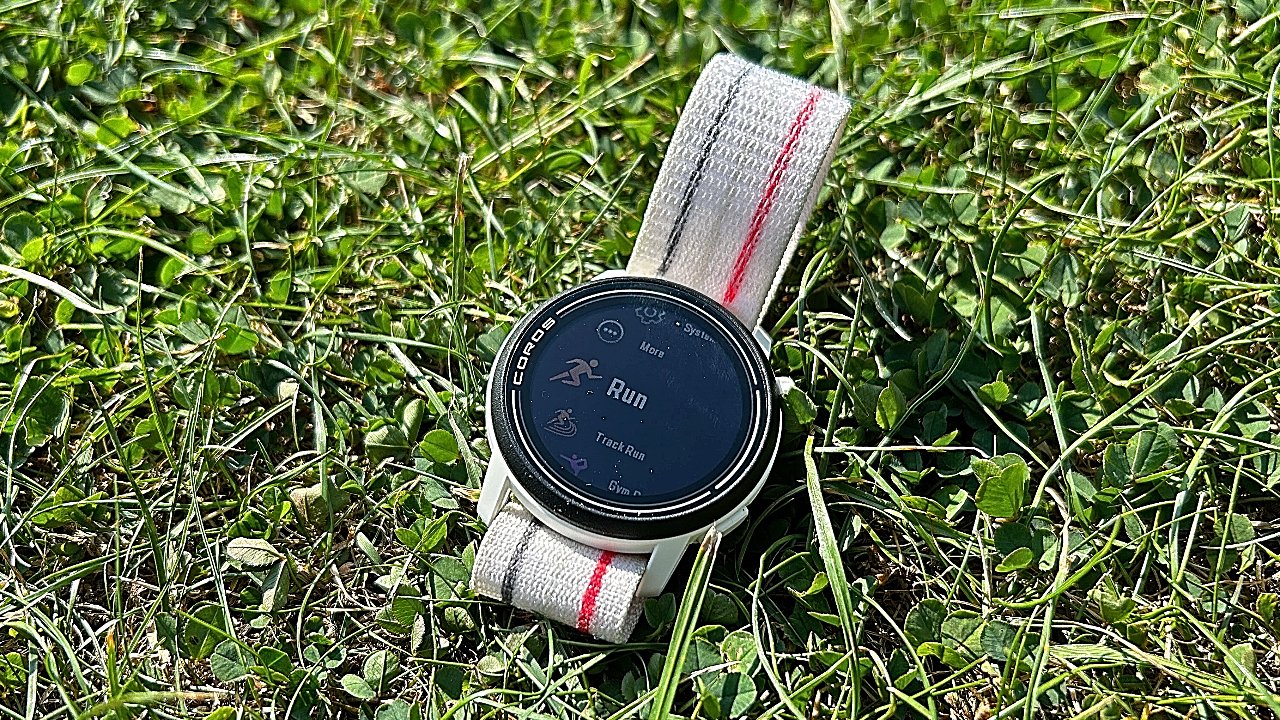
The Coros Pace 3 is unequivocally worth its modest price. As well as nailing the basics of sports tracking and being accurate, it has extras like breadcrumb navigation, all at a price that’s below what you’d pay for a similarly capable watch from Garmin or others. Add the fact that Coros has a good track record of supporting its watches with software updates long after they launch, and the Pace 3 is undoubtedly the best-value sports watch available.
The biggest competition comes from the Garmin Forerunner 255 Music, which is a little more expensive, though as an older watch, it is often discounted. I think the Forerunner 255 is a better watch: The music feature is more developed, the training analysis is better, there are more smart features and in general the user experience is more intuitive than on the Coros.
However, the differences are small and when it comes to the key features for sports tracking, the Pace 3 matches up well. I wouldn’t be prepared to pay a lot more for the Forerunner 255.
There are, of course, even cheaper options that are compelling, including the Pace 2. It’s still a capable watch, if less accurate and lacking in music storage. You can also get the Kiprun GPS 900 from Decathlon, which uses Coros software and has a more attractive design, though it doesn't have multi-band GPS or music storage. The Garmin Forerunner 55 is another affordable option that suits beginners well thanks to its suggested workouts and training plans, but it lacks features that the Pace 3 has.
As of now, the Coros Pace 3 is the watch I’d recommend to most people. There are cheaper, more beginner-friendly options, along with more expensive ones that dazzle with features and design, but the Pace 3 nails the sweet spot of price, accuracy and features.

Nick Harris-Fry is a journalist who has been covering health and fitness since 2015. Nick is an avid runner, covering 70-110km a week, which gives him ample opportunity to test a wide range of running shoes and running gear. He is also the chief tester for fitness trackers and running watches, treadmills and exercise bikes, and workout headphones.
